T4K3.news
Deportation deals
Uganda and Honduras agree to accept migrants deported by the US as part of a broader migration policy push.
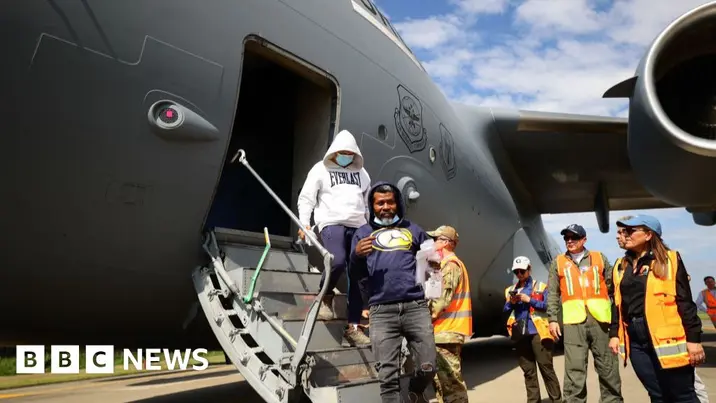
Uganda and Honduras have agreed to accept migrants deported by the US as part of a broader push to curb illegal migration.
Trump strikes deals with Honduras and Uganda
Uganda and Honduras have agreed to take back migrants deported by the United States. Uganda will accept asylum seekers who do not have criminal histories, though the exact number is not clear. Honduras will receive several hundred deported people over two years, including families with children. The arrangements are part of a wider effort by the US to secure third country deportation deals with several states, a pattern reported by CBS and BBC.
Rights groups have condemned the policy, arguing that sending people to countries where they could face harm or harassment may violate international law and place migrants at risk. The broader trend includes other countries like Paraguay, Panama, and Rwanda pursuing similar agreements, raising questions about the balance between border control and humanitarian safeguards.
Key Takeaways
"This feels like using people as bargaining chips"
Expresses humanitarian concern about the policy
"Policy should protect the vulnerable not export the problem"
Editorial stance on approach
"The human cost is the bottom line here"
Emphasizes migrant impact
"Deportation deals test international law and mercy"
Legal and ethical implications
The deals show how immigration policy is increasingly global in scope. They shift some responsibility away from the United States while testing how far other nations will accept migrants. The move could reduce irregular crossings in the near term, but it also invites criticism that it uses migrants as a policy tool. The real test will be how these arrangements affect the safety and rights of those moved and whether oversight is robust enough to prevent abuse.
Supporters argue the approach spreads responsibility and may curb risky journeys. Critics warn it could undermine asylum protections and international norms if people are sent to places where they face danger or little recourse. The policy resembles a broader political strategy to show results ahead of elections, rather than a careful, rights respecting solution.
Highlights
- This feels like using people as bargaining chips
- Policy should protect the vulnerable not export the problem
- The human cost is the bottom line here
- Deportation deals test international law and mercy
Human rights and political risk
The deals raise humanitarian concerns as migrants face potential harm when moved to another country. They also create political backlash at home and abroad and may invite legal challenges under international law.
The policy debate will continue as nations weigh security against humanity.
Enjoyed this? Let your friends know!
Related News
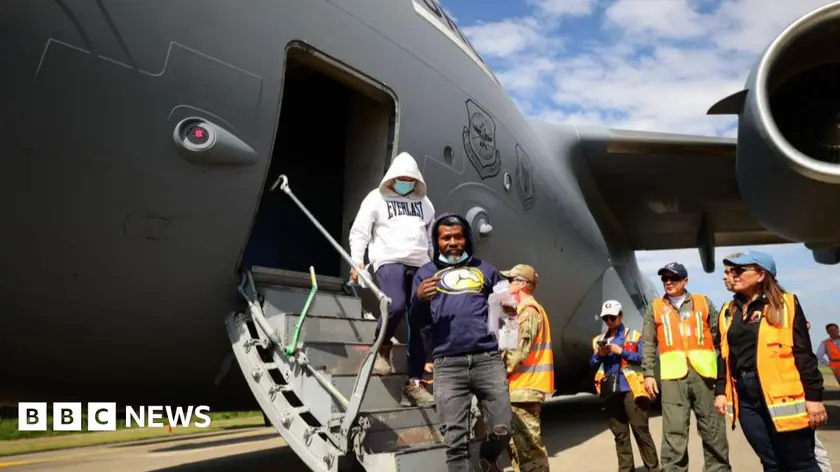
Deportation deals with Honduras and Uganda
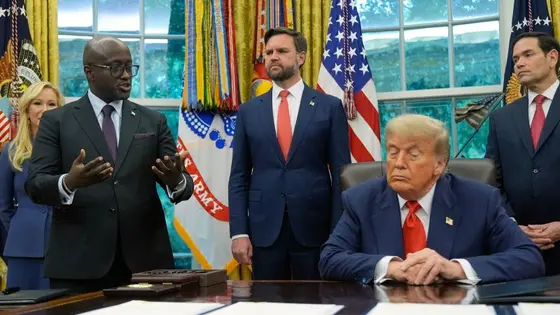
Rwanda to take in 250 US deported migrants
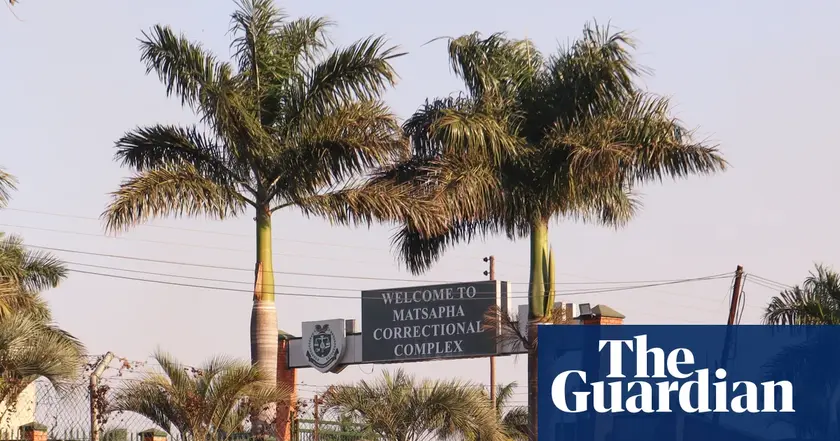
Civil society condemns US deportation deal
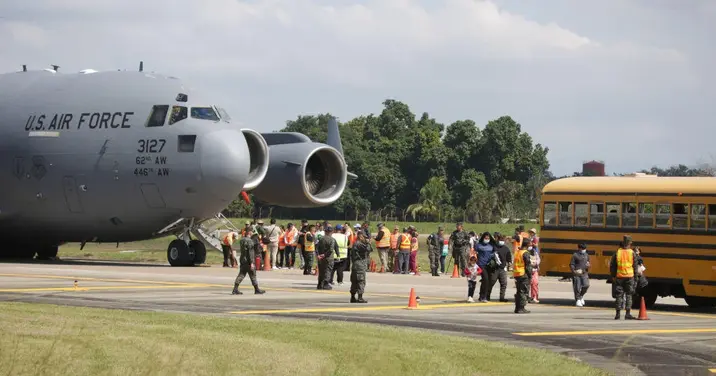
US expands third-country deportations
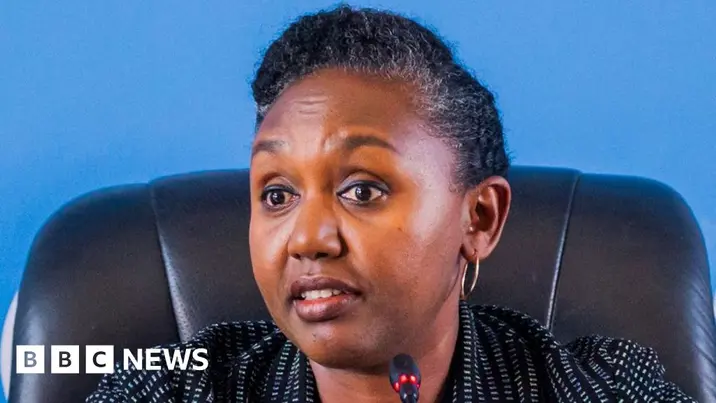
Rwanda to accept US deported migrants
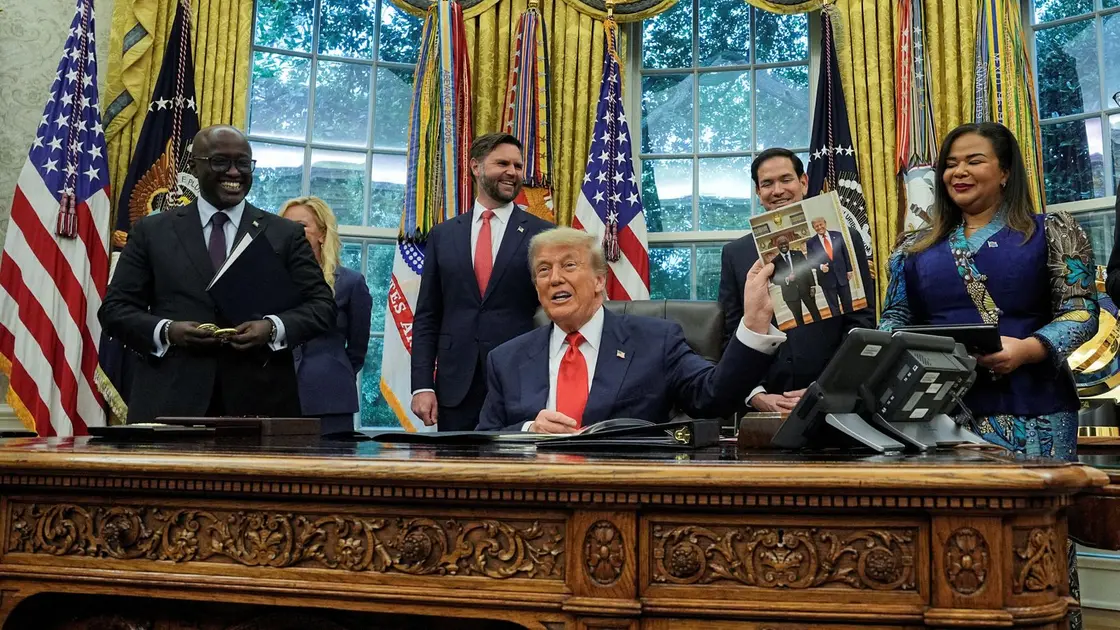
Rwanda accepts migrants from US
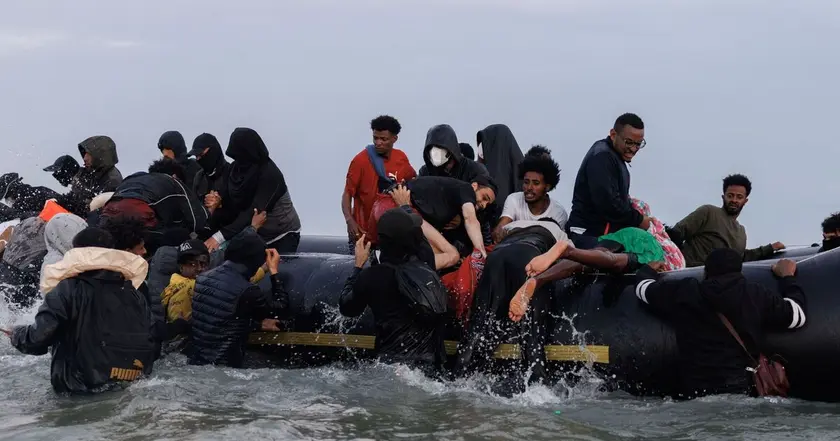
Trump establishes Rwanda migrant deal amid Labour turmoil
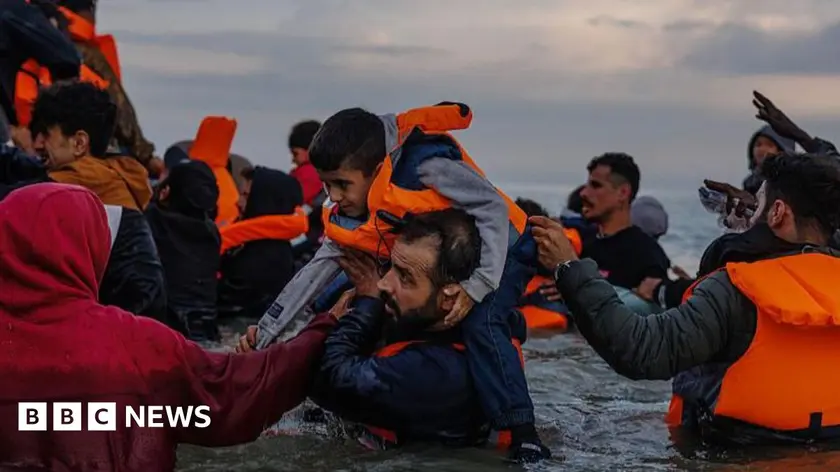
UK France migrant deal drives thousands across Channel
